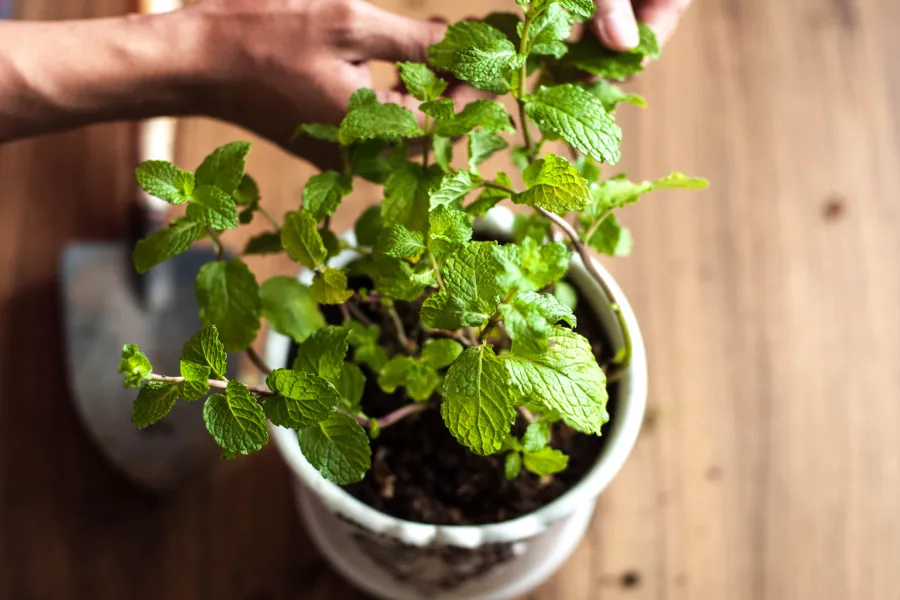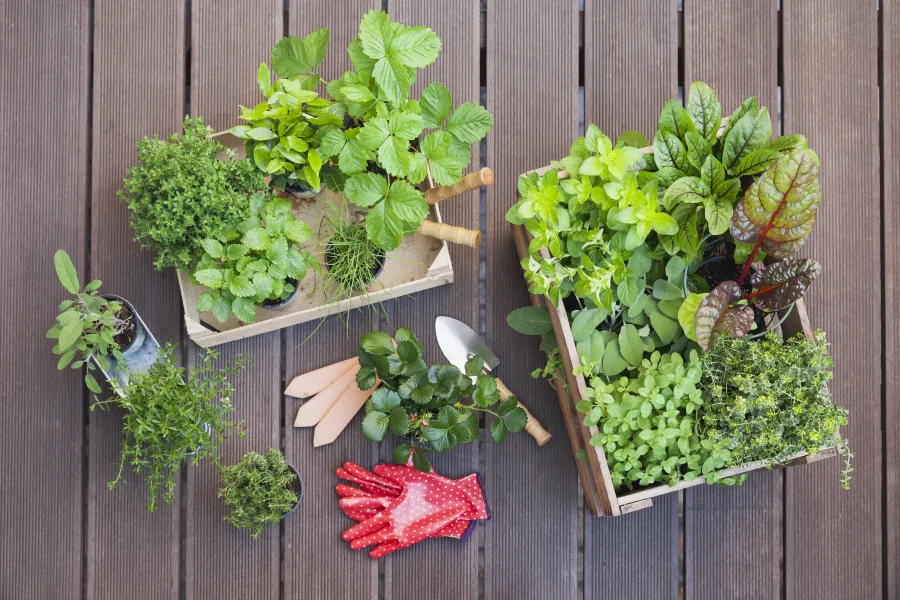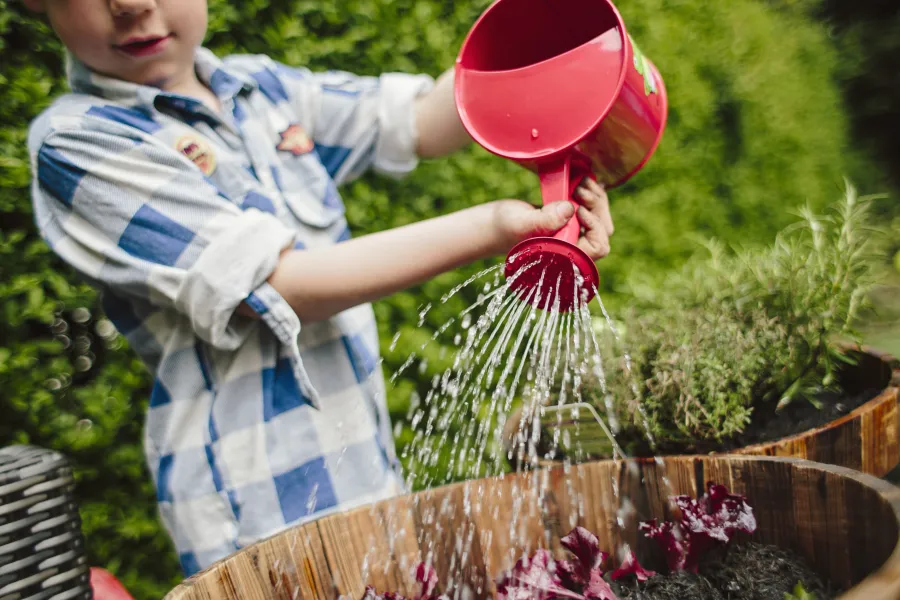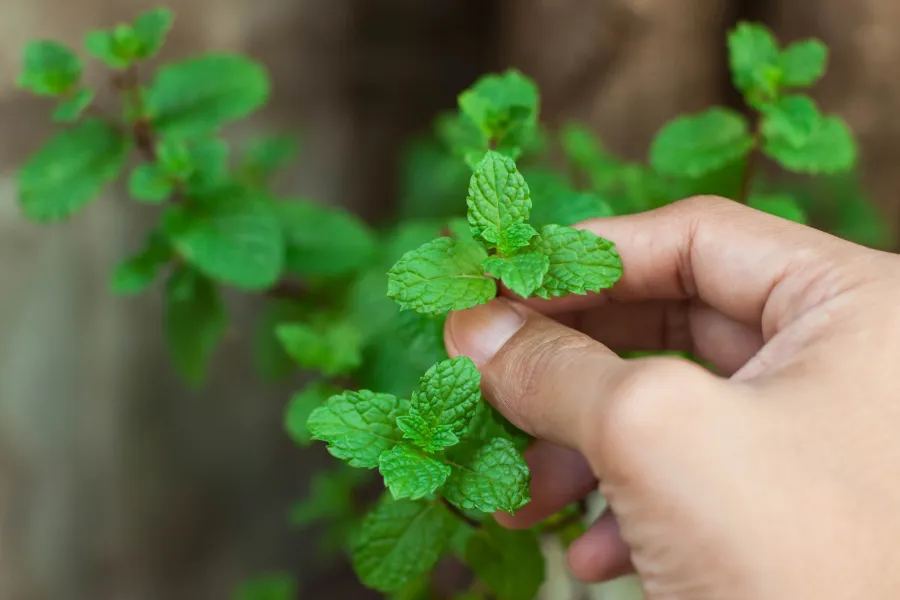
Grow Your Own
Herb Garden
Sustainable, Healthy, & Organic
Growing Herb Gardens
Herbs are a fragrant and delicious part of any garden, but they are also helpful plants that aid the over all health of your garden as well as the body. Flowering herbs can be excellent sources of nectar for pollinators. Different varieties of herbs are packed with essential nutrients that provide a myriad of health benefits. Herbs can be used fresh from the garden for recipes or clipped directly from the plant and dried in order to be enjoyed year round.
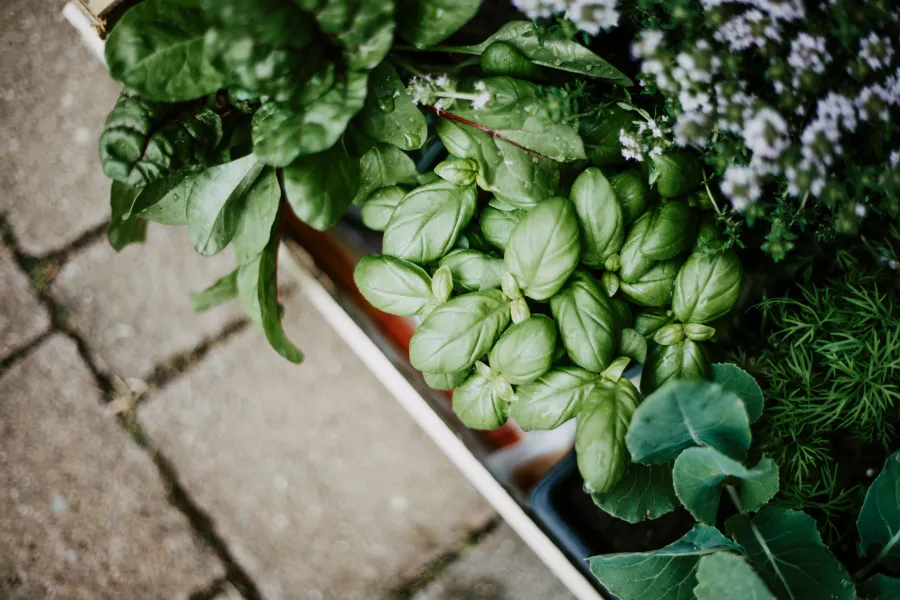
Supplies List
- herbs (started plants or seeds)
- soil (potting soil for container)
- a plot of land or container
- fertilizer
- water


